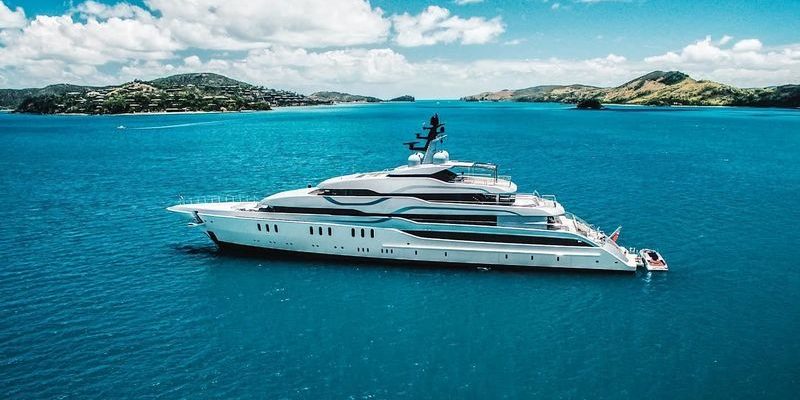Seawater is an essential, renewable and ever-present mechanical element for a superyacht. The engines of a superyacht are cooled using seawater, it can be used as a fire extinguisher and be chilled to pass through the onboard air conditioning system.
Before seawater can be used in engineering systems, any unwanted materials and pollution in seawater such as plants, sea animals, shells, waste, plastics and wood need to be removed to avoid damage to the piping network of a superyacht. This is done through the use of filters, which are installed on the steering and port side of a superyacht to strain and clean the seawater before it reaches the yacht’s system. These filters are usually made out of metal, which is a very corrosion-sensitive material. Metal filters made from Ferro steel, galvanised steel or stainless steel need to be regularly cleaned and replaced due to their limited lifespan – which can be as little as one year. In turn, the increased production has a negative impact on the environment.
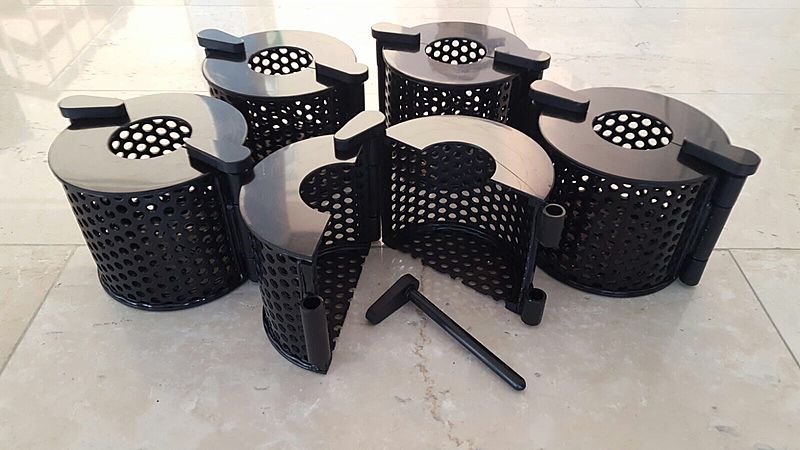
STC Trade is a company focused on sustainable innovations for shipbuilding and the marine industry that has created an environmentally-friendly alternative to the common metal filters. Their solution is high-density polyethene (HDPE) filters and fibre-glass reinforced plastic castings. The high-density polyethene HDPE filters created by STC Trade are moulded from a naturally tough and resistant material that can withstand corrosion by seawater and external influences. This means that their lifespan is unlimited and as a result, the cost of ownership is much lower.
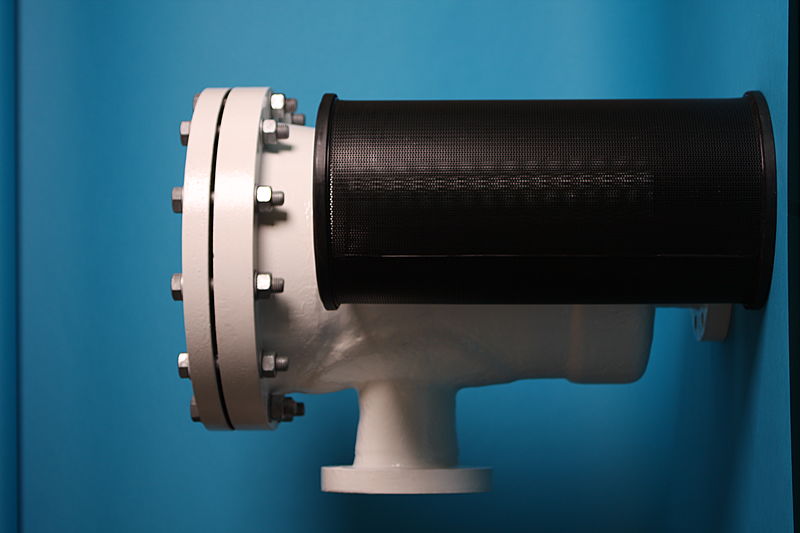
Another benefit of the filters is their design – their lightweight feature enables them to be lifted out of the inlet strainer and cleaned easily by one person. In addition, the filters do not require a hoist to be installed, which would be needed for installing a heavy metal alternative. All filters can be made to measure and currently more than 50% of HDPE filters are made according to the drawings and measurements of the superyacht. Due to the lack of hoisting equipment required and the customisable filter design, the superyacht will benefit from additional space in the busy engine room.
Based in the Netherlands, STC Trade successfully introduced the HDPE filters in the Dutch superyacht industry in 2009 and has been the preferred supplier to many leading Dutch superyacht builders since. Over 500 filters are onboard various superyachts around the world, including the new plastic filters for bilge water.
Thanks to their versatility, the HDPE filters can be delivered both during the new building phase, during a refit or as a replacement. In 2017 STC Trade began introducing their products, which are also certified under IMO Regulations, into the commercial shipping sector to further their bid to preserve the environment. IHC and Damen shipyards have been applying filters from STC Trade in Econosto inlet strainers.
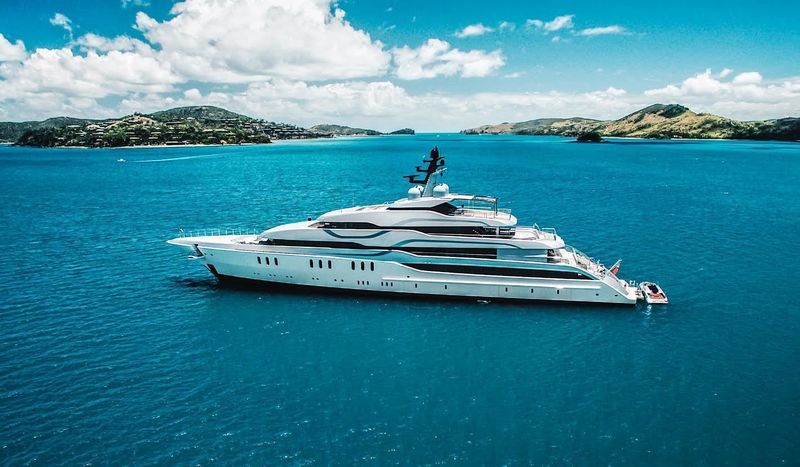
To make an enquiry on how HDPE filters can improve your vessel, like that of the 77.7-metre superyacht Tango: “The white worm does not stick to the strainers in the same way it did to the stainless sea strainers. The previously experienced corrosion in the dead water (low flow) areas around the old stainless steel strainers were eliminated by the material change. I would definitely want these type filters installed on any other yacht,” said the superyacht’s chief engineer.
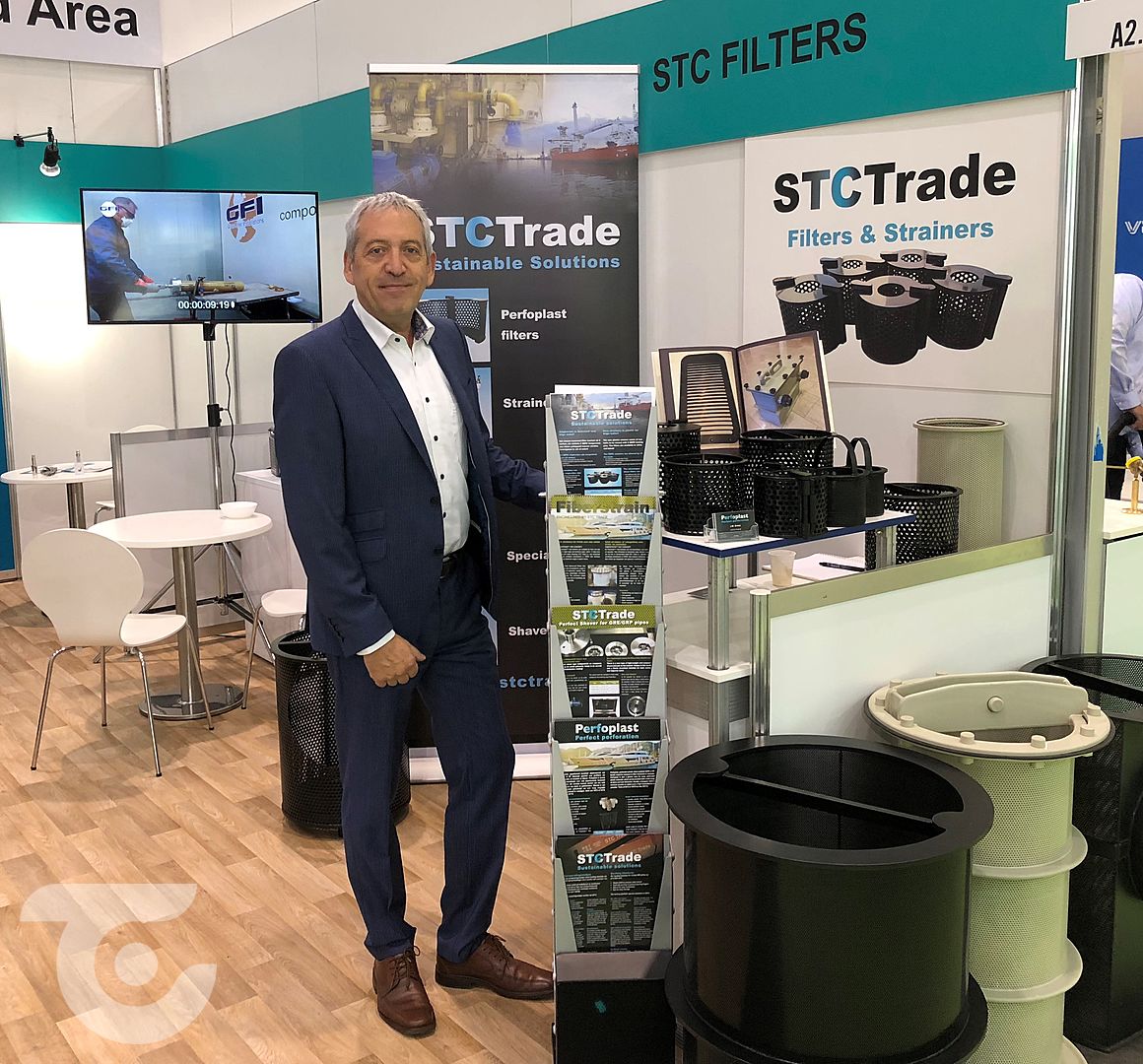
Written by Laura Nicholls
Posted on superyachttimes.com

